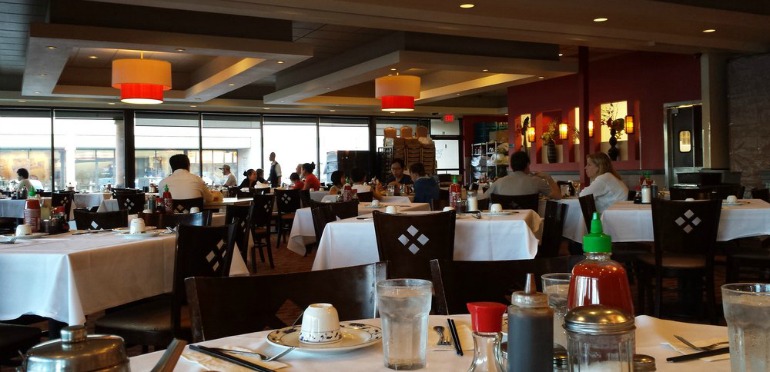

There has been less change that’s happened throughout the decade, the last decade. The suburbs do seem like there’s a little bit more of a safety net, because people are living there. When you’re talking about Cambridge and Boston, I think there’s some glitz and glamour of opening in the city, but it’s highly competitive. It’s not the Wild West, but there’s a lot of opportunity. But there’s a handful of them that are city brands that made the move in the suburbs. I’m trying to think of some other brands. We’ve already sort of seen it, where MIDA in the South End opened in Newton.

And, with the pandemic, you lose tourism, you lose office workers, and I guess you get people visiting versus what the city normally is, where it’s a destination.ĭo you think that in the future chefs are going to move away from opening new places in the city and look to the suburbs instead? So it’s a much bigger blend of people and demographics. You have tourists, you have office workers, you have residents. Now, when you get to the city, it’s more people who commute to work. It’s almost like they’re in their own realm. They stay within their local places they shop, dine, socialize within their own community. I think it’s more like they almost create their own ecosystem. And whenever we were dining during the pandemic, it just seemed like the consumer demand was really high out in the suburbs. But, you know, even leading up to opening, I live around the Hingham area.

Consumer demand is very different.ĭo you feel like the pandemic is hitting the suburbs differently? Honestly, it’s sort of like two different worlds, almost: the city and the suburbs. Yeah, it’s a little weird, opening during this time. It’s nice to know that some places are still opening.


 0 kommentar(er)
0 kommentar(er)
